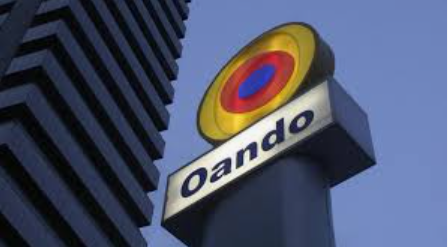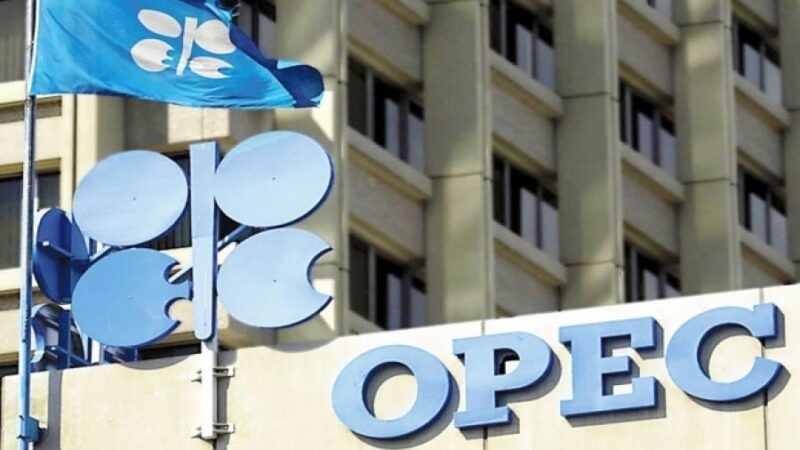TotalEnergies, Chevron Others See Threat In LNG Revenue Stream

Key global oil Companies are fretting over possible plunge in Liquified Natural Gas (LNG) prices which could impact their profits.
The Companies most affected, include Shell, BP, TotalEnergies, Exxon, and Chevron, all of which have big LNG trading businesses that have benefited significantly from the heightened price volatility since February 2022.
The oil majors are now bracing for a drop in income from LNG trade as prices are seen stabilizing after the price surge from the past three years, according to Financial Times which cited analysts.
“Volatility has fallen in recent months and starts the year below previous ones. Last year was lower than 2023, which was lower than 2022,” one LNG trader told the Financial Times.
“LNG traders care about volatility. If you’re in a flatter volatility environment, it doesn’t matter how good or bad your traders are, it’s going to be harder to make huge amounts of money,” Hewitt Energy Perspectives consultant David Hewitt told the FT.
“For the international oil companies, especially the European ones, LNG is certainly a key component of their earnings,” Hewitt added.
Indeed LNG has made some solid contributions to Big Oil’s bottom lines in the past three years thanks to that price volatility that the analysts are talking about. Indeed, the FT cites Citi calculations showing that Shell will see 21 per cent of its cash flow this year come from LNG, with the percentage for Chevron at 18 per cent, TotalEnergies at 14 per cent, and Exxon at 12 per cent.
For BP, the percentage of cash flow from LNG trade was seen lowest, at 10 per cent.
Things may even get worse in the coming years some analysts are projecting an LNG surplus towards the end of the decade. According to Rystad Energy, the surplus will materialize as early as 2027.
According to ING, the surplus will be significant, as capacity additions from the U.S. and Qatar boost the global total export capacity by over 45% by 2030, to top 950 billion cubic meters.







